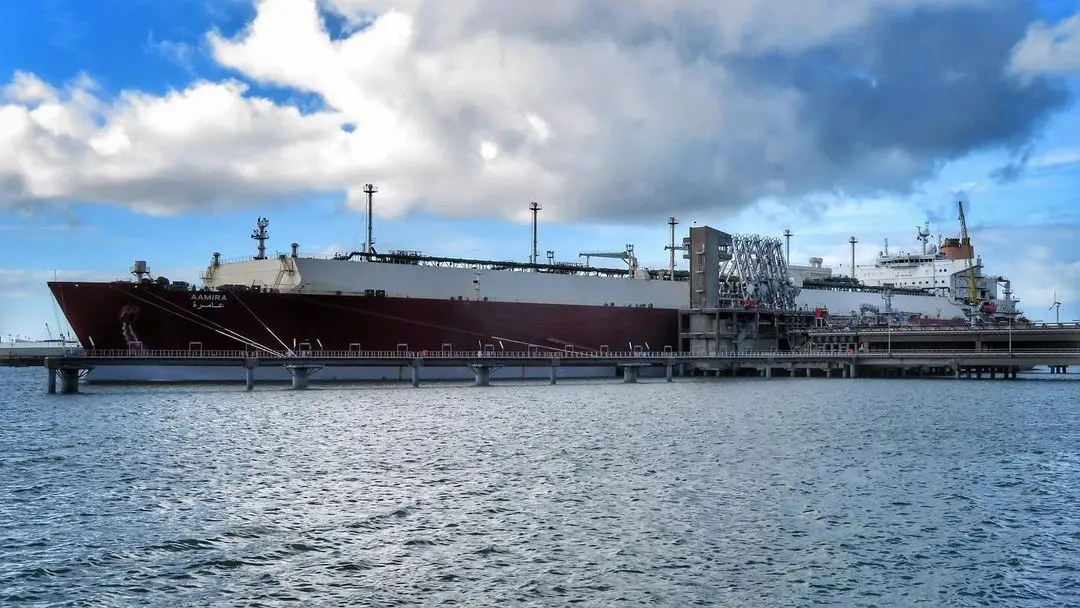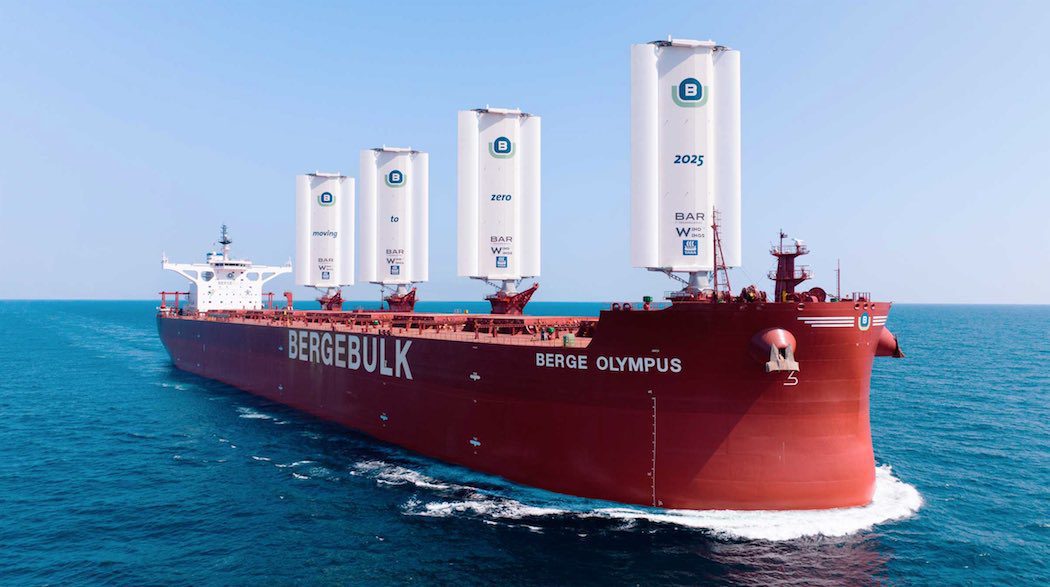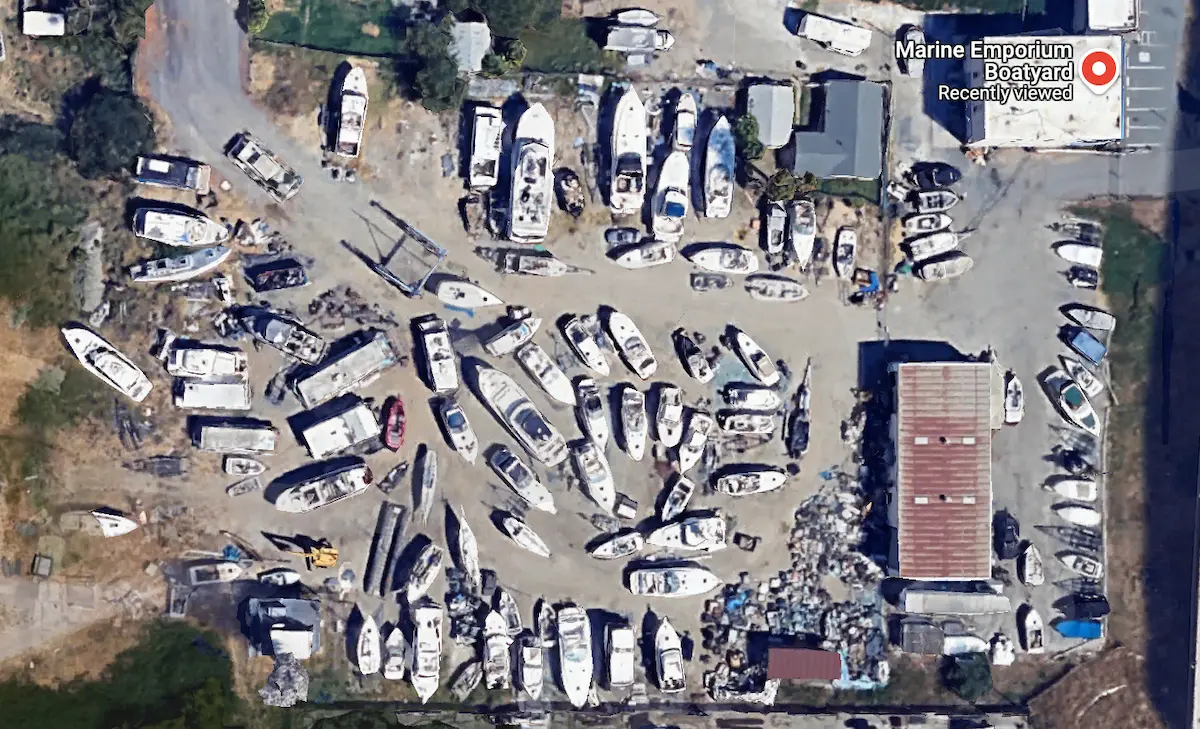Every ship is required by international law to be registered in a country known as its flag state. Flag of convenience, the process of documenting a ship in a country other than the country of ownership, confers the nationality of the flag state to the registered ship. Ship registries have their own set of rules regarding the types of vessels they will accept for registration under their flag of convenience.
The decision of which flag to fly is therefore an important one for shipowners as they need to consider a range of factors, including the cost and regulations of each country. So why do some shipowners choose to register their vessels in Panama, Liberia, or the Marshall Islands?
Ships are registered in Panama, Liberia, and Marshal Islands due to lower taxes and minimal regulations, and lower conformity to formal shipping rules and standards which are often excessive, rigid, or redundant for ship owners and managers. These countries offer more convenient conditions and financial advantages in the shipping industry.
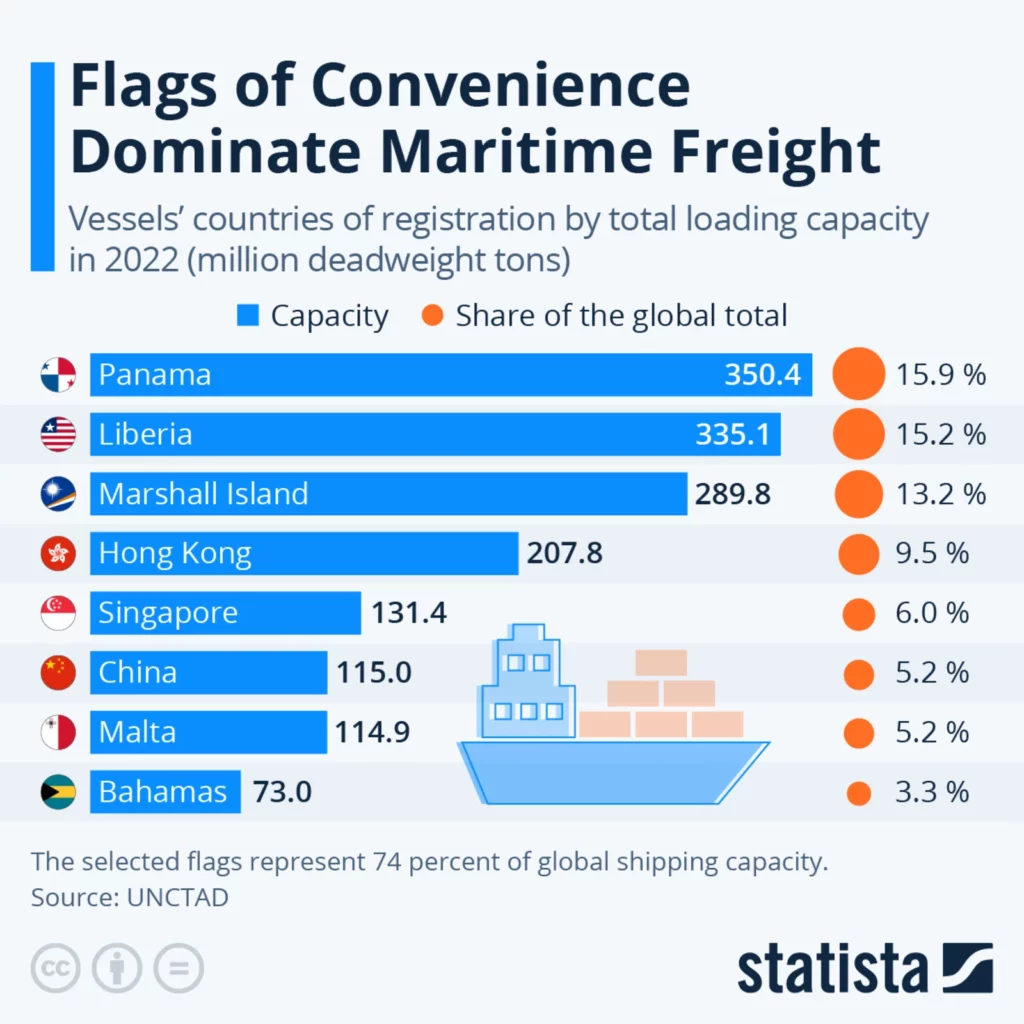
There are several reasons for registering a ship in Panama, Liberia, or the Marshall Islands. One of the most important factors to consider when selecting a flag for a vessel is the right to fly a national flag and the attachment of legal jurisdiction over the ship and crew.
A ship is automatically entitled to other rights if it possesses those two most important rights. This write-up will discuss the reasons why shipowners decide to register their ships in these countries.
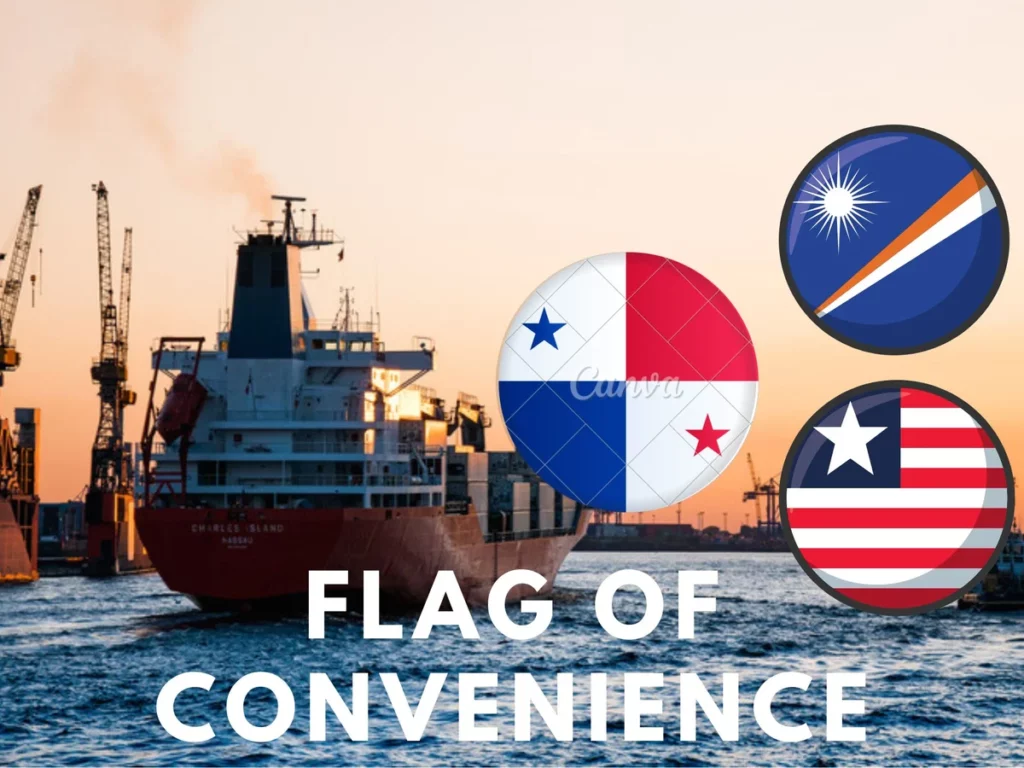
What is Ship Registration and Why It Is Needed?
When a ship is newly built, it is generally “registered” with a flag state. The flag state is the country that the ship is deemed to be a “national” of, and the country in which the ship’s owner is based.
Once a ship is registered with a flag state, it will generally continue to fly that flag throughout its working life. A ship may change flag state if its owner relocates to a different country, or if the ship is sold to an owner based in a different country.
Ship registration is the process of registering a ship in a specific state. A ship is registered in a specific country. The law of the state protects a registered ship. Details about the ship’s construction, ownership, and mortgage are entered into the flag states where the ship is registered.
Every State keeps a register in which the particulars of merchant vessels with that State’s nationality and flying its flag are recorded.
A country that registers a ship issues a “Certificate of Registration,” which can be used as a “ship’s passport,” allowing entry and departure from any port in the world.
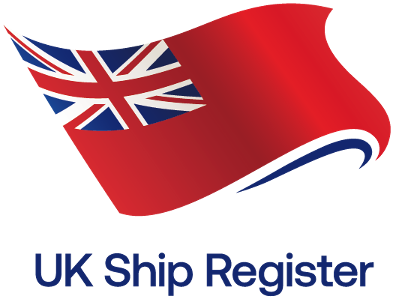
The primary reason for registering a ship is to establish nationality, secure title to a moveable asset, and, if necessary, to allow the ship to be used as collateral for a marine mortgage. For ships making international voyages, proving nationality is required.
Among other things, the right to diplomatic and naval protection, the right to fish in territorial waters, and the right to engage in coastal trade (Cabotage) are critical for the ship. This can make a difference in the shipping industry.
For example, a ship registered in Ghana has the right to offshore operations in Ghana and possibly in other parts of West Africa if a regional arrangement exists for such. Meanwhile, a ship registered in a port elsewhere on another continent will not.
There are several other reasons why shipowners might choose to register their ships with different flag states. Some flag states have more favorable taxation regimes for shipowners or offer other financial incentives.
Others have more relaxed regulatory regimes, which might be advantageous for ships engaged in certain types of trading. And some flag states are simply more reputable than others, which can be important for vessels engaged in international trade.
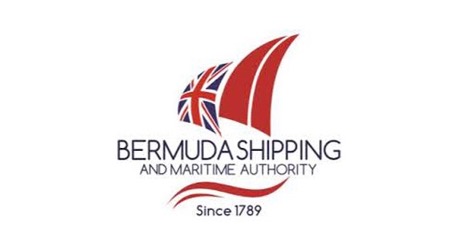
The Different Types of Ship Registries.
There are a number of different types of ship registries, and each has its own advantages and disadvantages. The three main types of registries are closed, open, and offshore.
Closed Registries.
Closed registries are only open to ships that are owned by citizens of the country in question. This means that there are typically more stringent criteria for ship ownership, i.e. exclusively citizens and companies incorporated in the country can qualify. This registry type is governed by an individual country as a national registry for the registration of their ships, flying their flag, owned, operated, and manned by nationals of that country. However, it also means that shipowners may not be able to take advantage of certain benefits, such as tax breaks, that are available in other registries.
Open Registries
Open registries, on the other hand, are open to any shipowner, regardless of citizenship. This makes it easier to register a vessel, and it also means that there are fewer regulations and red tape involved. Vessels registered under the Flag of Convenience (FOC) can often reduce operating costs or avoid the regulations of the shipowner’s country. They are also referred to as flags of convenience.
Second Ship Registers
Second Ship Registers are established by countries with Traditional Ship Registries to prevent ships from departing from their original registries and registering under Open Ship Registry. The Second Ship Registry was viewed as a viable alternative to Open Ship Registry, with the potential to mitigate the effects on traditional maritime countries.
They are often referred to as International Registries. An example is the Norwegian International Ship Registry (NIS).
Operating parallel to the Traditional Ship Registry, a Second Ship Registry is established by legislation instrument or in a dependent state of the flag state. However, while attempting to combine the formal image of the Traditional Ship Registry, the Second Ship Registry offers significantly lower operating costs to shipowners
Off-shore Ship Registries.
The off-shore Ship Registry is slightly different from the Second National Ship Registry. They are operated by autonomous regions of a particular country or country considered as an overseas territory of a particular country. Off-shore Ship Registry may enjoy the protection of the home nation and mitigate the costs. An Off-shore Ship Registry example is The Isle of Man Ship Registry (IOMSR) operated by the UK.
Bareboat Registry.
An important ship registration rule is that a ship can only be registered in one country at a time. A ship, however, can be registered in a second state in some cases. The term “bareboat ship registry” refers to an instance when a ship already registered in one country’s registry in another country because of a bareboat charter agreement.
In such cases, the ship is suspended or temporarily dismissed from the primary registry or flagging-out registry and is then registered in the flagging-in state in the name of the bareboat charterer for the duration of the bareboat charter. Germany, Australia, Liberia, and Ghana are examples of countries that allow bareboat registration.
Why Ships Are Registered in Panama, Liberia, and Marshal Islands?
Ships are registered in Panama, Liberia, and the Marshal Islands for a variety of reasons. These countries offer a number of advantages to shipowners, including low taxes, relaxed regulation, and minimal red tape.
However, there are also a number of disadvantages to these registries. They have been accused of being “flag of convenience” registries, where shipowners can register their vessels in order to avoid stricter regulation and taxation in their home countries. This has led to concerns about safety, as well as environmental and labor standards.
There are also a number of financial advantages to registering a ship in one of these countries. The fees are often lower than in other countries, and there are often generous tax breaks for shipowners. This can make a significant difference to the running costs of a vessel. However, there are some disadvantages to these registries.
One of the biggest concerns is safety. These countries do not have the same stringent regulations as other shipping nations, and this has led to a number of serious accidents.
Another concern is environmental standards. These countries often have lax regulations when it comes to pollution and waste disposal. This can have a serious impact on the local environment, and on the health of those who live nearby.
Finally, there are also labor standards to consider. These countries often have very low minimum wage rates, and poor working conditions. This can lead to the exploitation of sailors, and to sub-standard workmanship.
Reputation – Another downside of registering a ship in Panama, Liberia, or the Marshall Islands is the potential damage to the vessel’s reputation. This is because these jurisdictions have been associated with a number of scandalous activities in the past, such as money laundering and drug trafficking.
Flags of Convenience and Port State Control
Flags of convenience (FOC) refer to the practice of registering a ship in a country other than that of the shipowner’s nationality, in order to take advantage of more favorable regulations, taxes, and labor laws. These flags are often chosen for their lower operating costs and greater flexibility, but they also raise concerns about safety and environmental standards.
Port state control (PSC) is the inspection of foreign ships in a country’s ports to ensure compliance with international regulations and standards. PSC aims to ensure the safety of ships and the protection of the marine environment, and it is conducted by the country where the ship is visiting.
The use of flags of convenience can make it more difficult for PSC officers to effectively monitor and enforce compliance with international regulations. Ships registered under FOCs may be less likely to comply with safety and environmental standards, and PSC officers may have difficulty obtaining information about the ship and its operations.
To address these concerns, the International Maritime Organization (IMO) has established the Port State Control MOU (Memorandum of Understanding) on Port State Control, which is a regional agreement among countries to conduct PSC inspections and share information about non-compliant ships. The MOUs also establish procedures for dealing with ships that are found to be in violation of international regulations.
Despite these efforts, the use of flags of convenience remains a contentious issue in the shipping industry. While they offer benefits in terms of cost and flexibility, they also raise concerns about safety, environmental protection, and the ability of PSC officers to effectively monitor and enforce compliance with international regulations. Read more here about Port state control and MOU.
Conclusion.
So, while there are some advantages to registering a ship in Panama, Liberia, or Marshal Islands, there are also some significant disadvantages. Shipowners need to weigh up the pros and cons before deciding whether this is the right option for them.
- Types of Gas Carriers as per IGC Code – April 22, 2025
- Wind-Assisted Propulsion Systems (WAPS): A Game Changer for Maritime Decarbonization – February 6, 2025
- 10 Boat Salvage Yards in California – January 25, 2025



